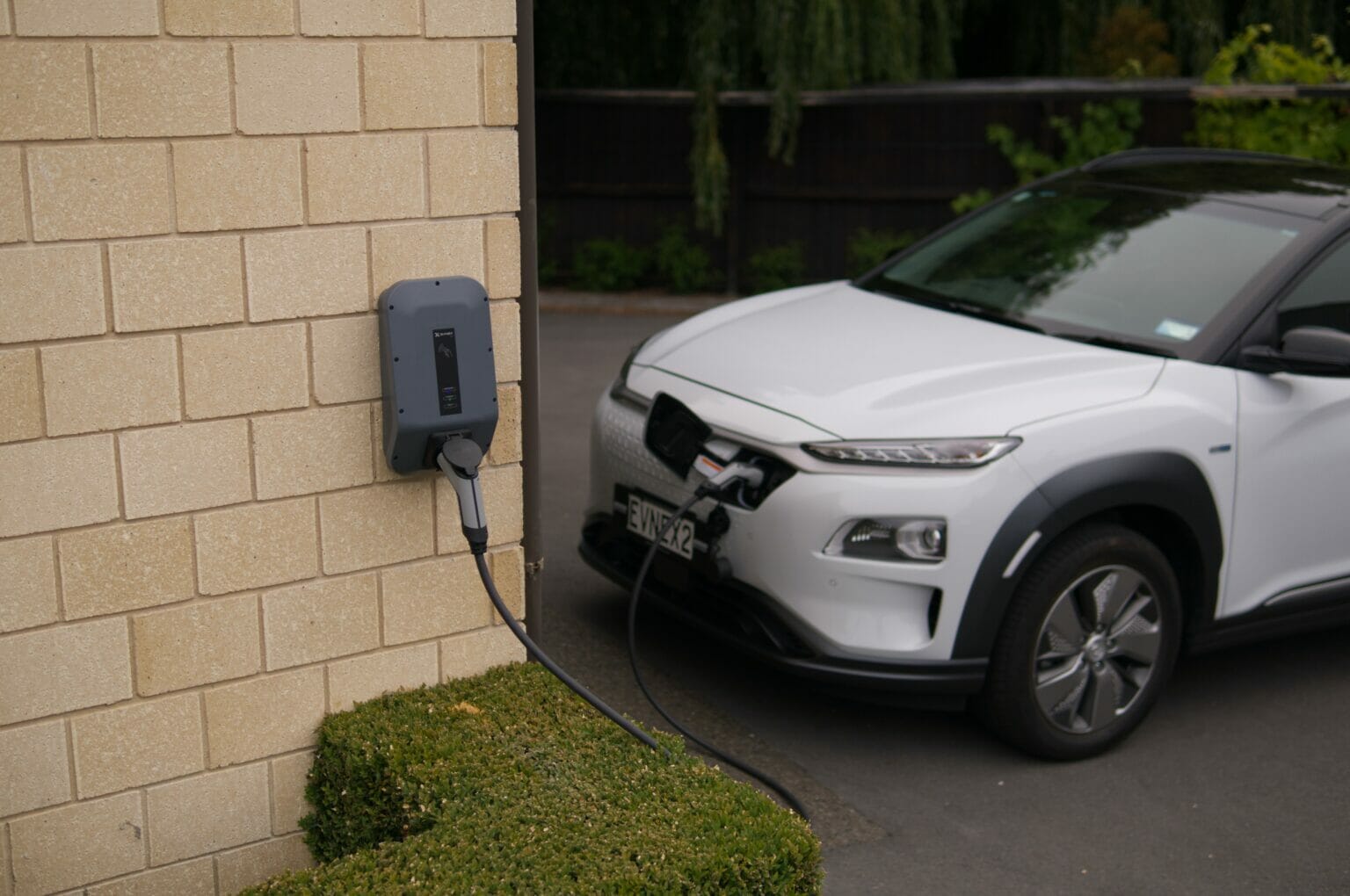The European Union has started to put in place stricter rules for commodity companies that trade on derivatives markets.
On Wednesday, the European Union said that commodity companies that use derivatives markets will have to meet stricter requirements. This is because some of these companies failed to meet higher collateral calls when gas prices went up because Russia invaded Ukraine.
The European Commission, which is in charge of running the EU, proposed the changes in a draught law that updates rules on clearing derivatives to make them more resistant to shocks. This is because governments had to help some energy companies meet higher margins on derivatives.
Firms that sell energy and other commodities use derivatives markets to protect themselves from price changes and increase sales.
Brussels has already put together a package of quick fixes, like expanding what can be used as collateral to meet margin calls, but said that more structural changes are now needed.

One thing we can learn from the recent chaos in the energy markets is that non-financial firms shouldn’t be exempt from having to report their off-exchange derivatives trades. The draught law says that the goal is to give regulators more information about markets.
There will also be more focus on making sure energy companies know that margin calls could be higher during a market crisis.
The draught law also calls for the bloc’s securities watchdog, ESMA, to make a report and a cost-benefit analysis on whether clearing houses should have “segregated” or separate accounts for members in the non-financial sector and the financial sector. This would prevent a crisis from spreading from one sector to another.
The volume threshold at which derivatives contracts have to be cleared by a third party should also be looked at.
The draught law says, “ESMA is encouraged to think about and provide, among other things, more granularity for commodity derivatives.”
It also said that they could be different based on environmental, social, and governance criteria, environmentally friendly investments, or features related to crypto.
